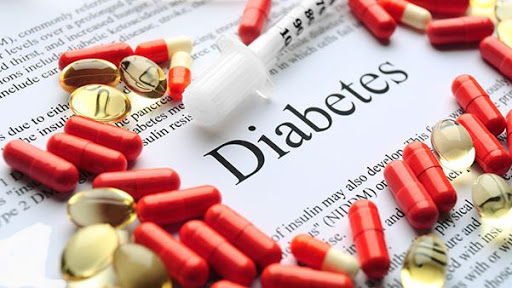Diabetes: Vitamin D or a cure for diabetes?

Maintaining vitamin D receptor (VDR) levels in pancreatic islet cells (beta cells), which can synthesize and secrete insulin, may help prevent the development of diabetes and counteract the progression of the disease caused by pancreatic cell damage. This is suggested by a study conducted by researchers from the CIBER Diabetes and Related Metabolic Diseases (CIBERDEM) at the Autonomous University of Barcelona (UAB), which points to this receptor as a potential therapeutic target for the prevention and treatment of the disease.
Vitamin D deficiency is associated with a high prevalence of type 1 (T1D) and type 2 (T2D) diabetes, and researchers have also found an association between this disease and variants in the vitamin D receptor gene. However, the specific receptors involved in this vitamin (especially in beta cells) in the development of the disease are still unknown. This is why this new study focuses on understanding the role played by the VDR in the development of diabetes by analyzing its behavior in mice.
VDR expression is reduced in diabetics
Researchers observed reduced islet VDR expression in mice with type 1 and type 2 diabetes. In addition, they demonstrated that excessive VDR in the beta cells of diabetic mice could alleviate the disease, while demonstrating that sustained levels of vitamin D receptors in these cells could protect their quality and function and prevent diabetes.
These results suggest that maintaining VDR expression patterns can largely counteract beta-cell damage and prevent disease progression." Sustained VDR levels prevent transgenic rats from developing severe hyperglycemia and partially protect the quality of beta cells, thereby reducing local inflammation and diabetes," said Alba Casellas, a researcher at the CIBERDEM Center for Animal Biotechnology and Gene Therapy (CBATEG). She says all of this reveals an unprecedented role for the vitamin D receptor in the pathophysiology of diabetes.
Glucose stimulates vitamin D receptors
The researchers also confirmed that VDR expression was negatively correlated with circulating sugar levels." Surprisingly, we found that vitamin D receptors were reduced when blood glucose levels were physiologically low, such as after fasting." In relating this result to the characteristics of pancreatic cells in diabetic patients, the researchers found that "these results could be interpreted to mean that diabetes is associated with low intracellular glucose levels."
The role of vitamin D in the treatment of diabetes
While the benefits of vitamin D supplementation as a method of diabetes prevention have been widely reported, clinical data on its ability to improve diabetic status are controversial." Differences in the effectiveness of vitamin D supplementation may be due to negative regulation of VDR during diabetes," Dr. Casellas noted in response to these results.
Therefore, the authors suggest that in order to obtain positive results, vitamin D supplementation dosing regimens must be scheduled in the presence of reduced VDR expression." Therefore, future diabetes treatment strategies should be based on a better understanding of the mechanisms of negative VDR regulation during diabetes and focus on restoring VDR levels," they conclude.



